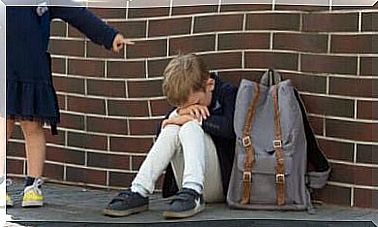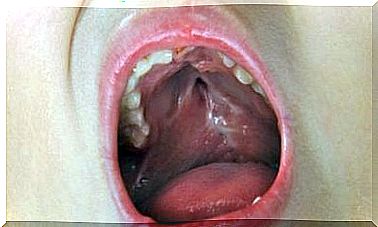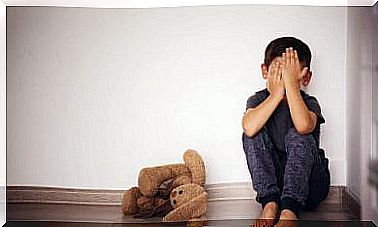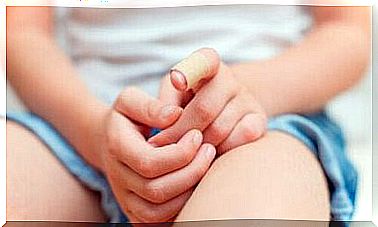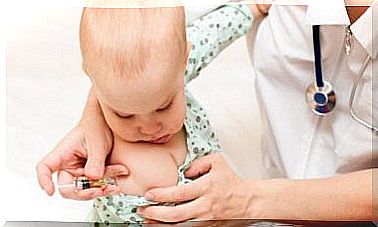Toothache In Children
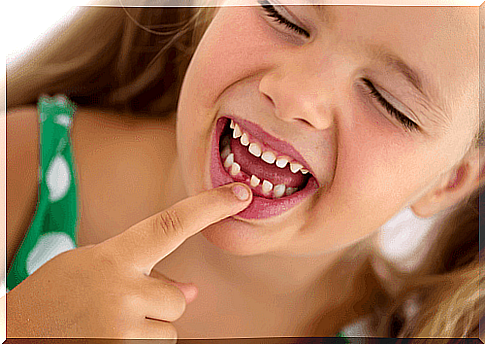
Everyone knows how uncomfortable a toothache can be. We usually experience toothache in childhood, during teething, but also when we are adults for a variety of reasons. Next, we will analyze everything related to toothache in children, such a difficult and painful phase for little ones.
At some point in childhood, it is extremely likely that the child will experience a toothache . In most cases the causes are natural. However, parents should always pay attention, talk to the child and consult the dentist if they suspect it may be something more serious.
Secondary symptoms of toothache
In addition to discomfort in the teeth themselves, other signs may appear that will affect the children’s well-being. These are:
- Malaise and apathy due to pain.
- Difficulty chewing and swallowing.
- Continuous pain.
- Inflammation of the affected region.
- Fever.
Causes of Toothache in Children
The most frequent reasons that lead to toothache are:
- Caries.
- Sensitivity in the teeth.
- Growth of a new tooth.
- Bruxism.
- Injuries.
- Misaligned bite.
- Earache or otitis – it is normal for the child not to know exactly where the pain is coming from.
- Sinusitis.
- Inflammation or other gum problems.
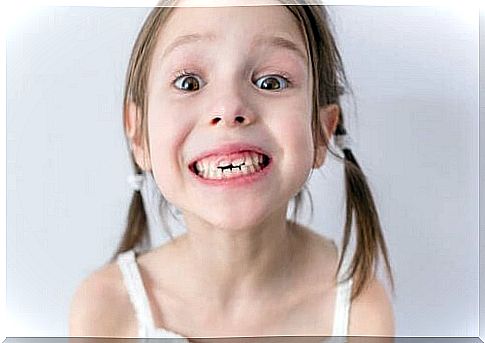
What to do in case of toothache in children
Depending on the source of the pain, we may take different measures to alleviate the suffering. Therefore, the first thing to do is to observe the child’s mouth, in addition to asking specifically what the child feels and at what times.
First, if the pain is due to a loose tooth, the best thing to do is leave it as it is and don’t force it. This can cause the permanent tooth to grow out of alignment.
On the other hand, it is possible to apply some remedies, such as a specific gel for gums or give some painkiller, always, of course, with a doctor’s recommendation. Medicines are often needed when a new tooth is growing and causing the pain.
Finally, in cases of cavities there is no other option but to go to the dentist. Specifically, cavities mean a destruction of the body’s hard tissues – such as teeth and bones – which, in extreme cases, can even affect the nerves. They are caused by germs that, adhered to teeth for a long time, corrode tooth enamel.
In relation to consultations with the dentist, it is recommended to have this habit from an early age, at least to carry out follow-up. This will prevent the child from developing an irrational fear of going to the dentist.
There are other situations in which you may need to see a professional, be it a dentist or a pediatrician. Here, we are referring to cases where a tooth breaks or when the pain is caused by a larger cause, such as earache or sinusitis.
Other homemade solutions
In addition to the solutions already mentioned, which are the conventional forms of treatment for toothache in children, we can also resort to certain homemade and effective strategies. They are very useful because children are not yet old enough to use strong pain relievers.
The first option is hydrogen peroxide. Applying this product with a cotton swab to the inflamed area can bring relief, at least temporarily.
On the other hand, you can also use garlic as a natural anti-inflammatory. It is not the most pleasant method, as it requires the child to hold a clove of garlic in their mouth for a few seconds. However, it is a technique with good results for these cases.
Finally, freezing gels suitable for tapping can also be helpful in treating tooth inflammation and pain. The positive side of these products, unlike ice, is that they do not cause a burning sensation when in direct contact with the skin.
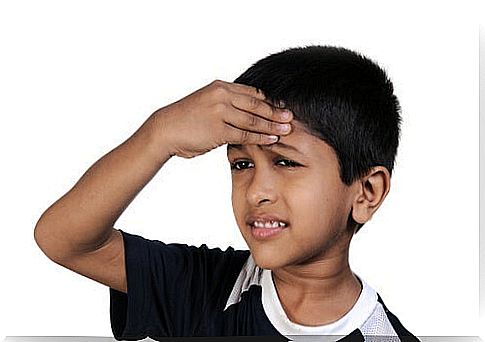
The importance of brushing
It’s no news that brushing is essential for preventing toothache in children. Through this simple daily care, we can maintain oral hygiene and eliminate the chances of bacterial growth in the mouth.
For this reason, it is also essential that parents provide good support when teaching children to brush their teeth. In addition, of course, it is necessary to have all the necessary elements for a good brushing and, if possible, consult the dentist about the particulars that may be necessary in each case, for example, a specific toothpaste or toothbrush.




